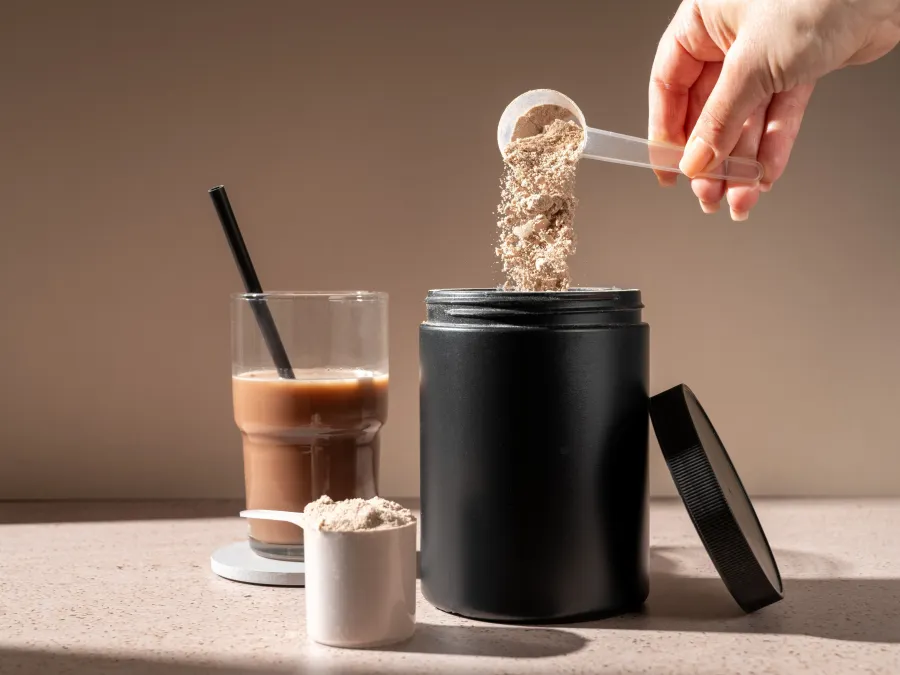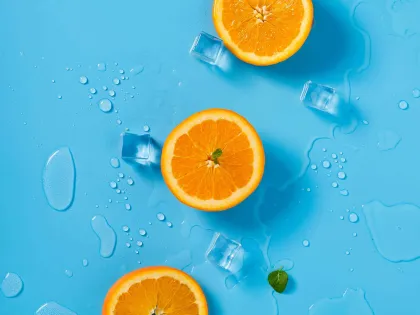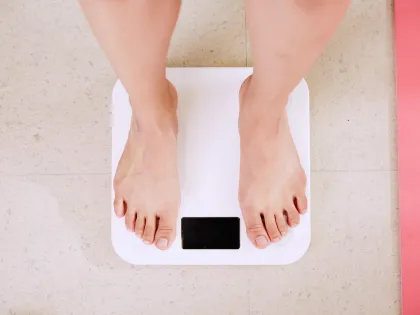Whether you're an elite athlete, hitting the gym a few times a week or just trying to be active you might have wondered whether sports supplements or foods could give you an edge. With lots of products promising better performance or faster recovery, knowing which supplements are safe, effective and supported by research is important.
That’s where the Australian Institute of Sport (AIS) comes in. The AIS have developed a science-backed Sports Supplement Framework designed to help athletes, coaches and people engaging in physical activity to make informed decisions about supplement use.
Let’s break down what sports supplements are, who might benefit, and which ones should be considered.
What Are Sports Supplements?
Sports foods and supplements are products designed to enhance specific aspects of athletic performance and/or recovery. They can help replenish energy stores during exercise, delay fatigue, speed up recovery, or correct nutrient deficiencies.
They range from everyday sports foods like protein powders and electrolyte drinks, to more targeted supplements like creatine, beetroot juice, and sodium bicarbonate. Each has a different purpose, and not all are suitable for everyone.
Should You Use Them?
Most recreational athletes or those exercising for general health and fitness do not need sports supplements. A well-balanced diet is usually enough to meet your nutritional needs. To check whether or not you are meeting your needs, the Australian Eating Survey can assess the nutritional adequacy of your diet and generate you a personalised nutrition report. You can use the code 'DietCheck' at the checkout to get 50% off your report. You can purchase this here.
For athletes with specific performance or recovery goals (especially athletes training at an elite level) some sports supplements may be beneficial to complement (not replace) dietary intake on the assumption the person has already ensured they are eating healthily. They may also be helpful when:
- Food alone isn’t enough to meet nutritional demands of training
- The person has a diagnosed nutrient deficiency (e.g. low iron or vitamin D)
In these cases, supplements should be used under the guidance of a sports dietitian or medical professional.
Supplements and sports foods are NOT recommended for children, teens, people with certain medical conditions (consult your GP), or for women who are pregnant, planning a pregnancy, or breastfeeding. These products are targeted to sports performance and are NOT suitable for people who are sedentary.
Are They Effective?
Effectiveness varies widely between supplements. That’s why the AIS developed the Sports Supplement Framework, which categorises supplements into four groups based on three guiding principles:
- Is it safe?
- Is it allowed to be used in sport?
- And is there sufficient evidence that it’s effective?
This framework helps protect athletes from health risks, wasted money, and accidental anti-doping violations. It’s also a great tool for anyone wanting to use supplements wisely.
It’s important to note that even supplements with strong scientific evidence will only work when used correctly and in the right context. A sports dietitian can help assess your individual needs, goals, and training load to guide you toward safe and effective choices.
The AIS Sports Supplement Framework
Group A: Strong Evidence
These supplements have strong evidence for use in certain sporting situations. These products should only be used under professional guidance so that dose and timing is specific to the athlete’s individual sport, training program and competition schedule.
|
|
Group B: Emerging Evidence
These supplements show promise but need more research. They may be trialled in elite settings under supervision.
|
|
Group C: Little to No Benefit
These supplements lack strong evidence and are unlikely to improve performance or recovery.
- Branched-chain amino acids (BCAAs)
- Magnesium
- Alpha-lipoic acid (ALA)
- HMB (B-hydroxy B-methylbutyrate)
- Phosphate
- Vitamin E
- Tyrosine
Group D: High Risk or Banned
These substances are banned or carry a high risk of contamination with prohibited substances. They can lead to anti-doping violations or serious health risks and are not to be used by athletes.
- Stimulants
- Anabolic steroids
- Peptide hormones and growth factors
- Beta-2 agonists
- Diuretics and masking agents
- Prohormones
- SARMs (Selective Androgen Receptor Modulators)
A full list of prohibited substances can be found here
So… Should You Take a Sports Supplement?
If you’re eating healthily, training as advised by coaches, and fully recovering after training and competition you might not need supplements at all. But if you’re considering one, start by asking yourself:
- Is there evidence that it works?
- Is it safe?
- What are my training or performance goals?
- Are there contraindications?
- Have I spoken to a qualified sports dietitian?
Supplements aren’t a shortcut! Focus on the basics first which include nutritionally adequate food intake, enough quality sleep, and an appropriate training plan. That’s where real performance gains happen.
Always talk to a doctor or qualified sports dietitian before starting on any supplement to make sure that it’s safe for you.
Need Help Deciding?
- Find an Accredited Sports Dietitian here
- Tune in to Nutrition Science Bites Podcast - Should you take sports supplements like creatine, pickle juice, beta-alanine, CoQ10, or vitamins? with Sally Walker, Accredited Practising Dietitian and President of Sports Dietitians Australia
- Explore our other No Money No Time resources













